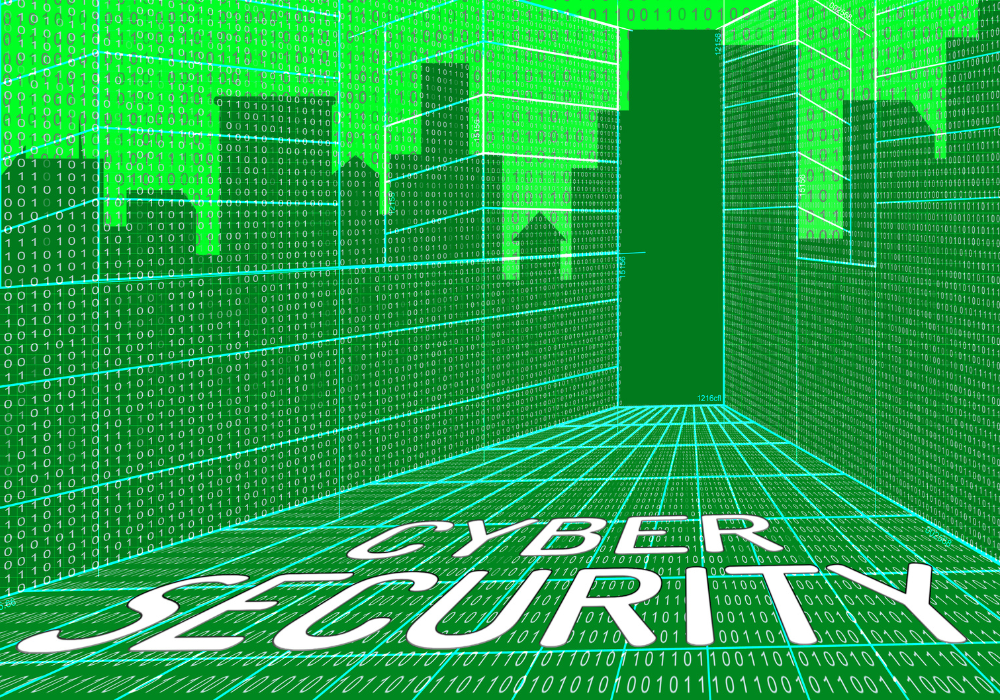Medical facilities collect and process some of the most sensitive data – patient information, medical history, test results or administrative records. In the digital age, more and more of this data is stored and transmitted online. This makes the medical sector an attractive target for cybercriminals. Palo Alto Networks’ solutions help protect patient data and ensure the stability of facilities.
Key findings
-
The medical sector requires special protection for sensitive data.
-
Palo Alto Networks offers next-generation firewalls and real-time protection.
-
The technology blocks phishing, ransomware and other modern cyber attacks.
-
Medical facilities gain the safety and trust of patients.
Table of contents
-
Why is the medical sector a target for cyberattacks?
-
What makes Palo Alto Networks’ solutions stand out?
-
Protecting patient data in practice
-
Benefits for medical facilities and patients
-
Regulatory compliance
-
Frequently asked questions
Why is the medical sector a target for cyberattacks?
Medical data is extremely valuable – it fetches higher prices on the black market than financial data. Cyber criminals can use them for extortion, blackmail or identity theft. Attacks on hospitals and clinics can also paralyze their operations, putting patients’ health at risk.
What makes Palo Alto Networks’ solutions stand out?
Palo Alto Networks provides next-generation firewalls (NGFWs) that analyze network traffic and detect abnormal threats in real time. This allows medical facilities to protect both patient data and the operation of medical systems, such as appointment registration and diagnostics.
Protecting patient data in practice
Palo Alto Networks’ solutions block phishing attacks that attempt to phish for staff and patient data. They also protect against ransomware – viruses that encrypt data and demand ransom. As a result, hospitals and clinics don’t lose access to systems that are critical to saving health and lives.
Benefits for medical facilities and patients
-
Continuity of operation of medical systems 24/7.
-
Protecting confidential patient data.
-
Meeting security requirements in the health sector.
-
Increased patient confidence in the facility.
Regulatory compliance
Medical facilities must comply with data protection regulations such as RODO. Palo Alto Networks facilitates compliance with these regulations by providing tools to monitor and report on security activities.
Frequently asked questions
Does Palo Alto Networks work well in small clinics?
Yes, the system is scalable and can be adapted to smaller facilities.
Does the protection also work when doctors work remotely?
Yes, technology also secures remote calling and telemedicine.
Does the implementation require an interruption of facility operations?
No, the system can be integrated into existing infrastructure without long downtime.
Summary
The healthcare sector needs exceptional data and systems protection. Palo Alto Networks provides tools that protect against modern threats, enhance patient safety and support regulatory compliance. It’s technology that gives facilities the confidence to operate and strengthens public trust.



